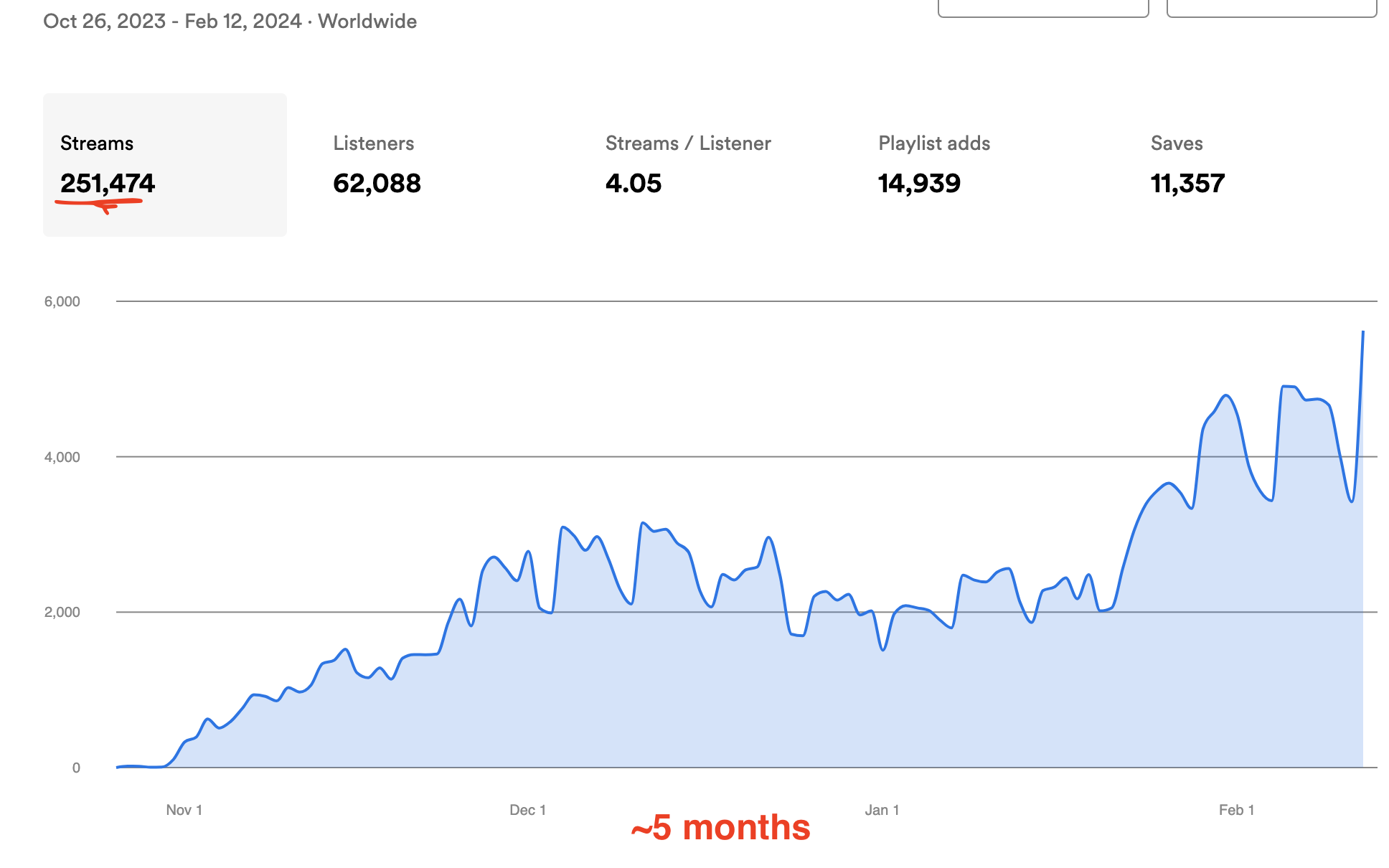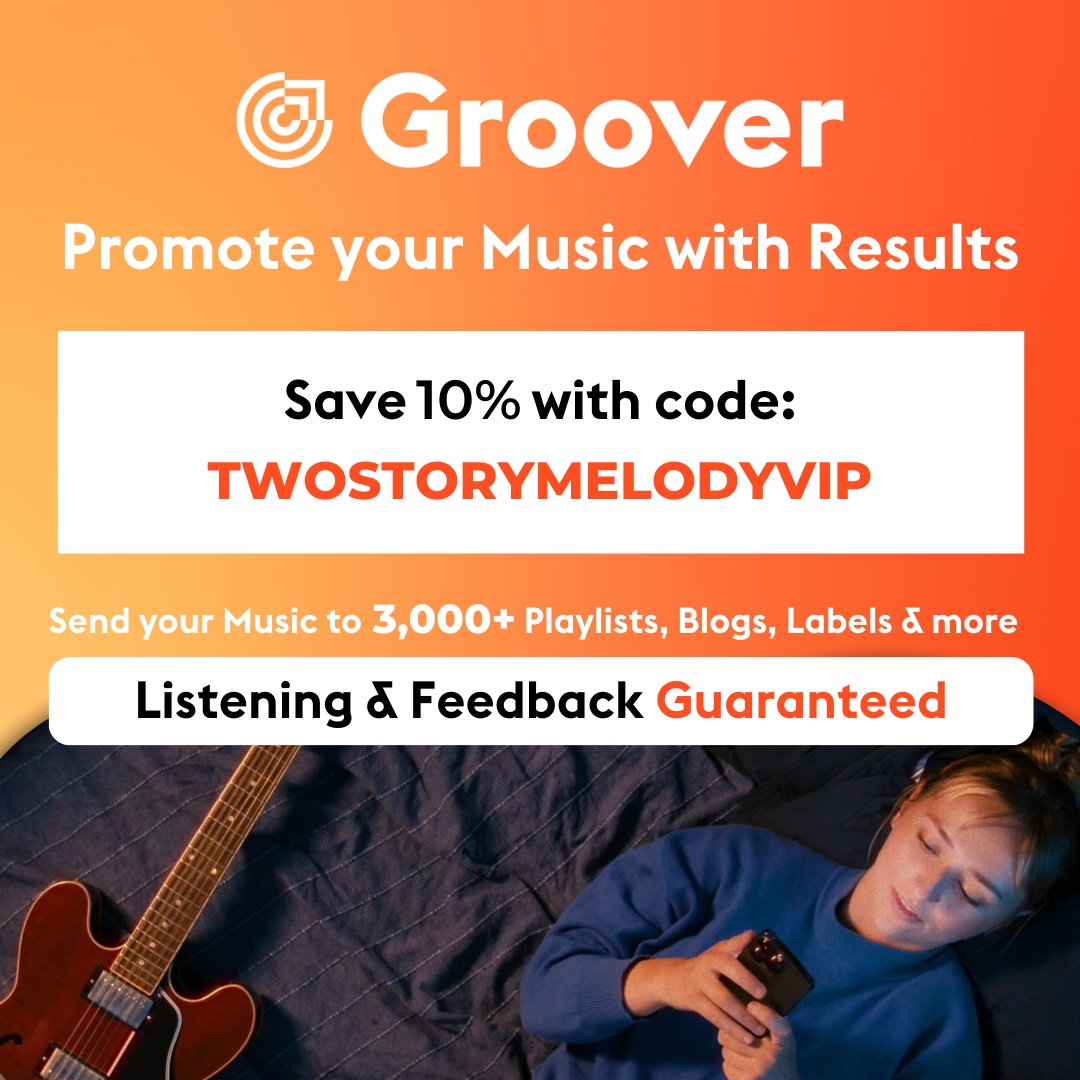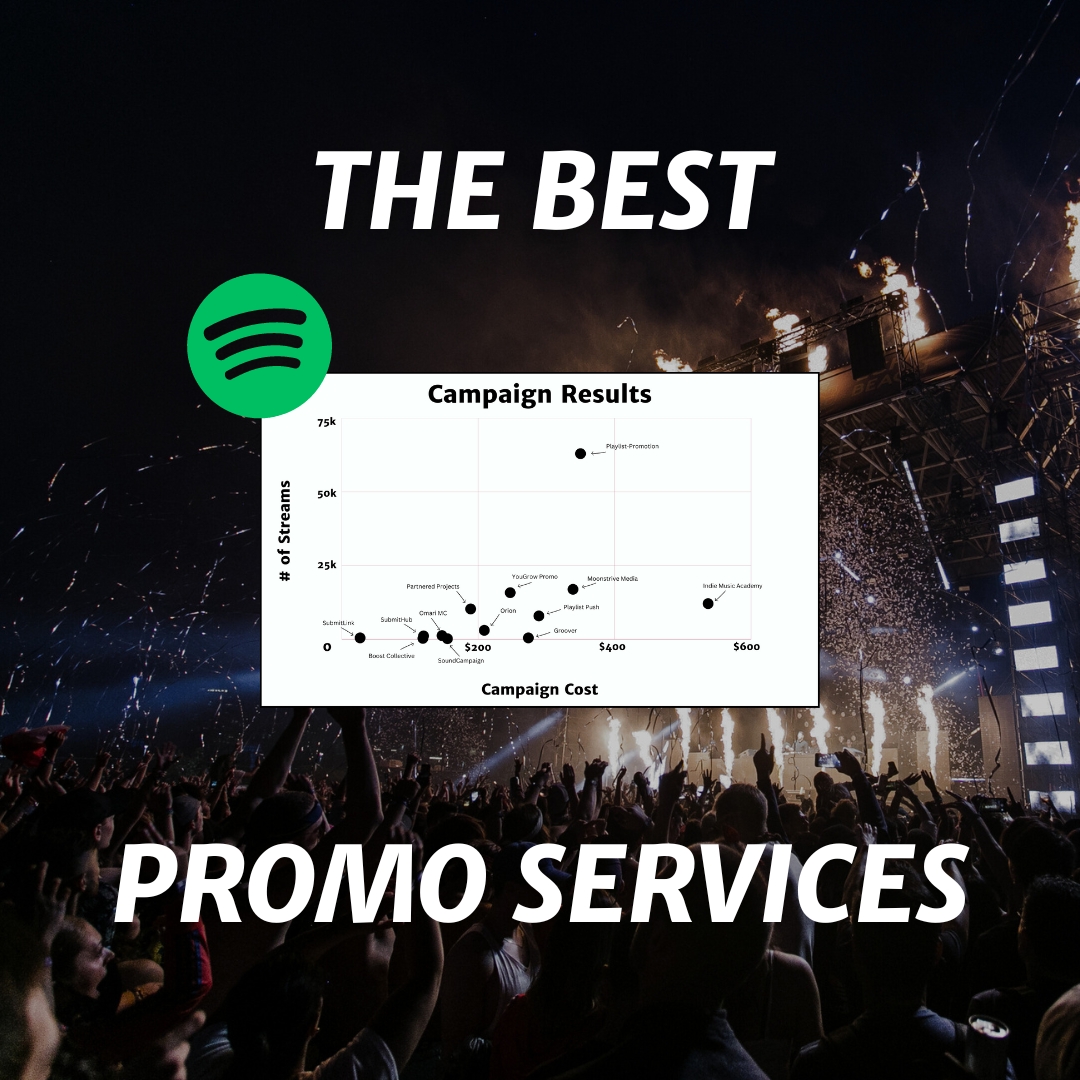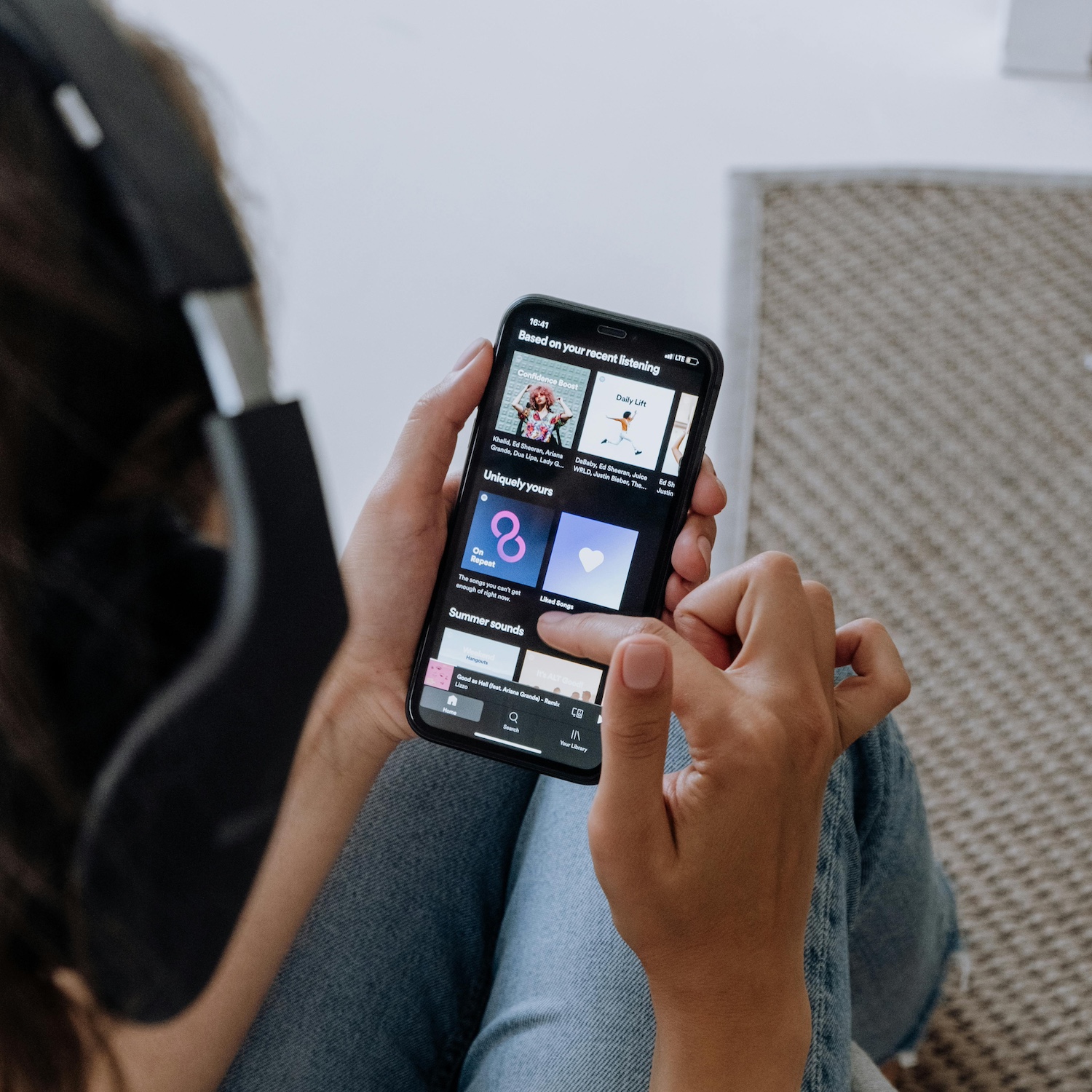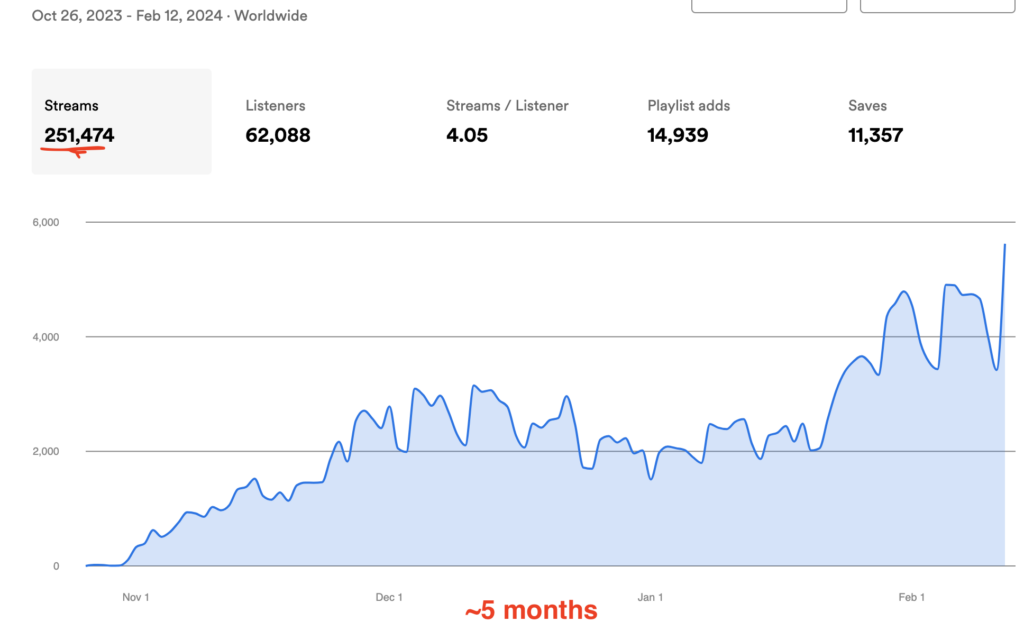Remember when Spotify announced all those changes to their royalty systems?
I’m guessing you do, because it was only a few months ago and because a lot of people (including the folks on this reddit thread, the guy in this video, and maybe, dare I say it, you) were very upset.
It was a hot topic. So, naturally, I chimed in with a hot take.
Based on my reading of the room, it seemed like most of the anger was directed at Spotify’s new threshold for payouts. So I condescendingly wrote that the threshold wasn’t that big a deal, then called the changes in general “overblown.”
Well, as is often the case, I was wrong.
Not necessarily about the payment threshold issue – I still think that’s relatively unimportant – but about the first bulleted item in Spotify’s announcement, which I pretty much skipped over in my initial response:
Charges for Artificial Streaming.
See, Spotify didn’t just introduce a new payment threshold this past November. They also promised that they would “start charging labels and distributors per track when flagrant artificial streaming is detected on their content.”
This promise seems like an okay thing on its face. Bots are bad, which means that it’s good to crack down on them – right?
Well, yeah. But, as a long-time reader wisely pointed out in response to my condescending hot take, the way Spotify has chosen to crack down on bots is actually quite problematic.
Indie artists are bearing the brunt of the crackdown.
Spotify announced a fine for distributors, but in doing so, they guaranteed that the buck wouldn’t stop there. Instead, it’s been pushed all the way down the line to the people who are least able to push back: indies.
It’s kind of obvious, in retrospect. Of course distributors weren’t going to hand out cash left and right like George Bailey at the old Building & Loan. They aren’t heroes; they’re businesses. So they’re going to do everything they can to ensure they don’t get fined in the first place.
And that means doing things like:
- Passing fees on to the artists who get fake streams
- Restricting those artists’ access to distribution
- Taking down those artists’ catalogues
In other words, the burden of bots is falling squarely on the small shoulders of cash-strapped indie artists.
I think that even if indie artists were totally to blame for botted streams, this arrangement would feel sort of unfair, since it’s built on an imbalanced power structure. But it gets worse – because in most cases, the indie artists being penalized for botted plays have done absolutely nothing wrong.
Take Allen, one of the members of my Spotify growth community. He recently got this email from TuneCore, letting him know that one of his tracks had been flagged for fake streams and removed from Spotify. The email advises him to stop any illegitimate promotions immediately.
Here’s the kicker: He’s never promoted the track.
“The last time I checked, the piece had less than 1,000 streams,” he says. “I have never promoted (it)… No playlisting. No Facebook ads. No nothing.”
When he reached out to the distributor, he was told that nothing could be done. To add insult to injury, the company informed him that if another violation were to occur, he’d be banned from TuneCore and have his catalogue taken down entirely. When he contacted Spotify directly, he was told that he had to work through his distributor.
Understandably, Allen’s disheartened by the whole thing – and even a little bit scared.
“Yes, I think TuneCore is the problem here, but I think so is Spotify,” he says. “If this is all true, then small artists can be held for ransom. Why put in blood and sweat only to have everything erased without even an explanation?”
It’s a fair question. Given the fact that major labels own a significant chunk of Spotify and probably stand to benefit from having fewer indie artists on the platform, it’s one worth asking.
Allen, of course, is far from alone. I wrote recently about the proliferation of playlisting scams that target indie artists with botted streams in the hope of securing payment for their services. In the past couple of weeks, I’ve seen more of the same.
Here, for example, is a YouTube commenter responding to my video on WAVR.AI (a known playlisting scam):

And I’ve seen more spikes on songs across my own roster of clients in the past few weeks, too. This is a widespread problem, and from my limited viewpoint, it seems to be getting worse instead of better.
That’s frustrating, because…
Spotify claims to care about indie artists.
They claim to invest heavily in preventing artificial streams. They claim that, for the most part, they can detect the fakes.
If those claims are true, then they should do something.
I tend to agree with what Ari Herstand and others have written: A user-centric royalty structure would remove most of the incentive for bad actors, and an appeals process for bot-flagged tracks would be a big help for artists like Allen.
And if Spotify’s claims aren’t true – well, then it’s only a matter of time before more indie music ends up off of the platform, whether by choice or otherwise.


